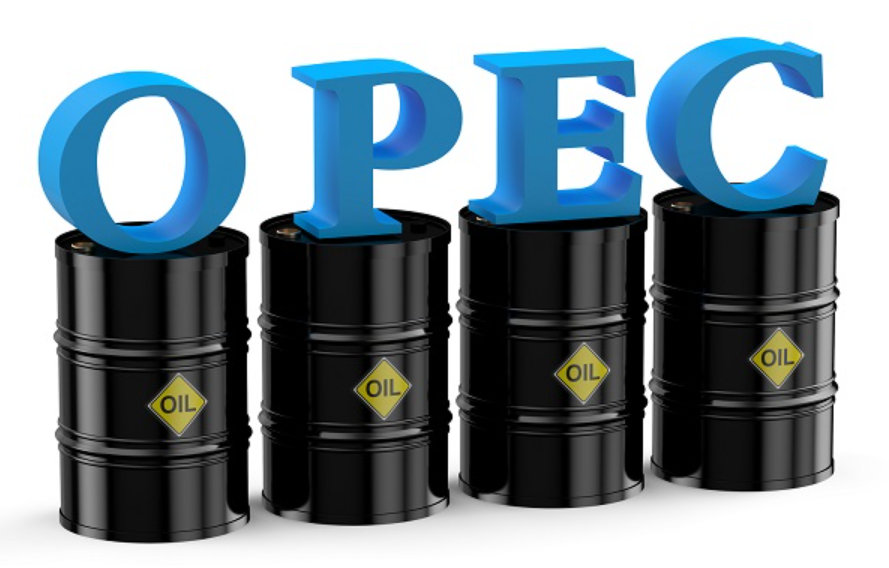
The decision to sustain production levels follows a period of market volatility triggered by geopolitical tensions and economic uncertainties. OPEC+ ministers have been closely monitoring these developments to ensure that their strategy aligns with market needs, balancing supply and demand to avoid surplus or shortage.
Saudi Arabia, the de facto leader of OPEC, has been a staunch advocate for maintaining disciplined output levels. The kingdom's commitment to stabilizing prices has been a key factor in the group's strategy, seeking to ensure that the market remains balanced. Russia, another influential member, has also expressed support for the current policy, emphasizing the importance of market stability in its economic planning.
Industry analysts suggest that the decision to keep output steady is influenced by multiple factors, including global economic growth projections and ongoing energy transition efforts. The International Energy Agency (IEA) has highlighted the delicate balance OPEC+ must maintain, as rising interest rates and inflationary pressures pose challenges to demand growth. Additionally, the shift towards renewable energy sources and increased investments in green technologies are reshaping the energy landscape, necessitating a cautious approach from traditional oil producers.
OPEC+ has been successful in navigating these complexities so far. Their coordinated production cuts, initiated in response to the dramatic drop in oil demand during the COVID-19 pandemic, have played a crucial role in stabilizing prices. The group's ability to adapt to changing circumstances has been instrumental in preventing extreme price fluctuations, which could destabilize the global economy.
The upcoming JMMC meeting will likely reaffirm the group's commitment to its current output strategy. The committee, which regularly reviews the market situation and makes recommendations, is expected to advocate for continued caution in adjusting production levels. This approach aims to avoid any abrupt changes that could disrupt the delicate market balance OPEC+ has worked to achieve.
Oil prices have been relatively stable in recent months, with Brent crude hovering around $80 per barrel. This stability reflects market confidence in OPEC+'s ability to manage supply effectively. However, potential risks remain, including geopolitical tensions in key producing regions and economic uncertainties that could impact demand.
Despite these challenges, OPEC+ has demonstrated resilience and adaptability. The group's strategy of incremental adjustments and close market monitoring has allowed it to respond effectively to emerging trends and external shocks. This approach has garnered praise from industry observers, who commend OPEC+ for its proactive stance in managing the complex dynamics of the global oil market.
As the JMMC meeting approaches, market participants will be watching closely for any signals that could indicate a shift in policy. However, the prevailing consensus suggests that OPEC+ will maintain its current course, ensuring a steady hand on the tiller amid uncertain waters. This continuity is expected to provide reassurance to markets and support ongoing efforts to achieve a balanced and sustainable energy future.
Topics
Spotlight
